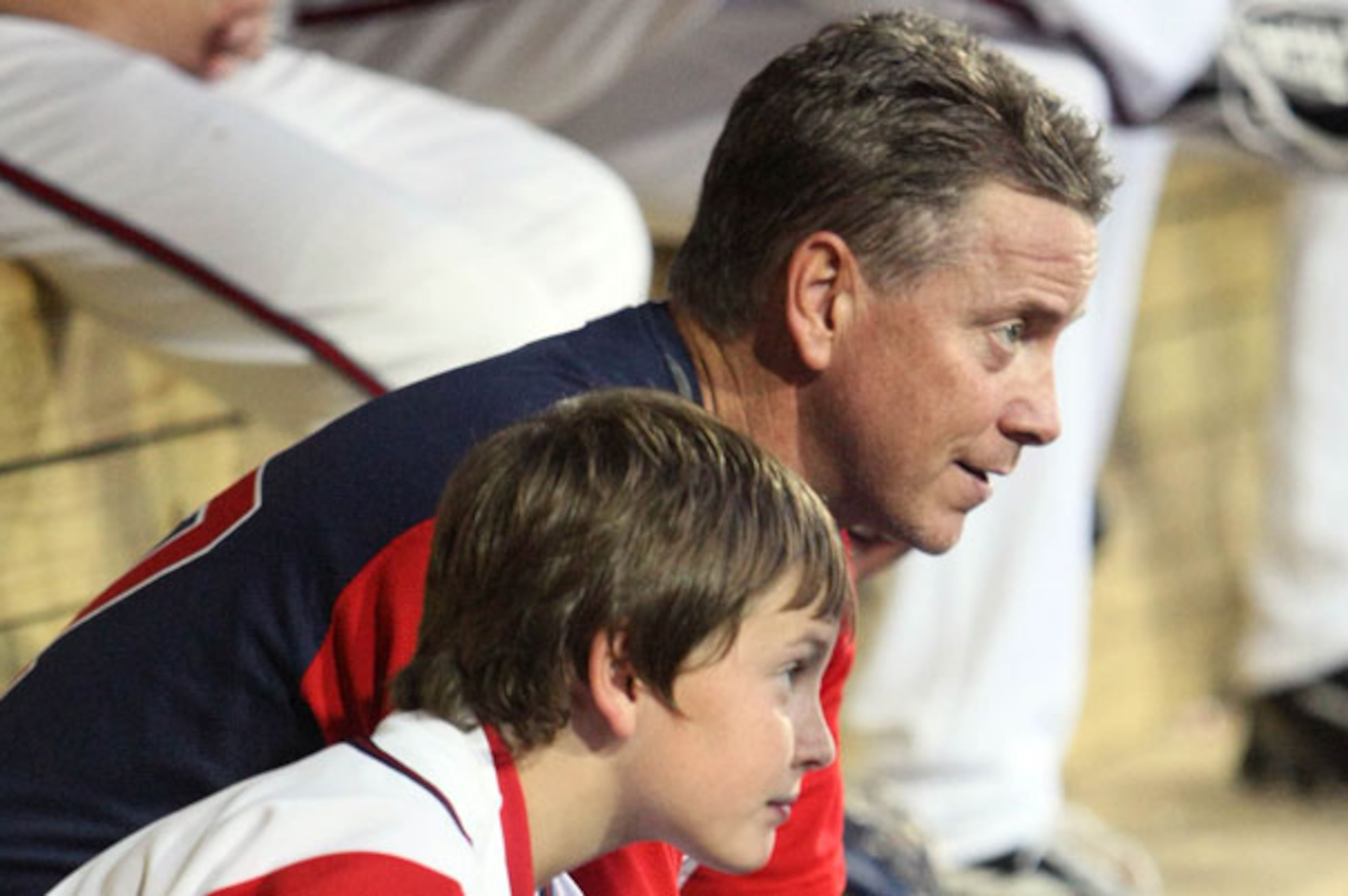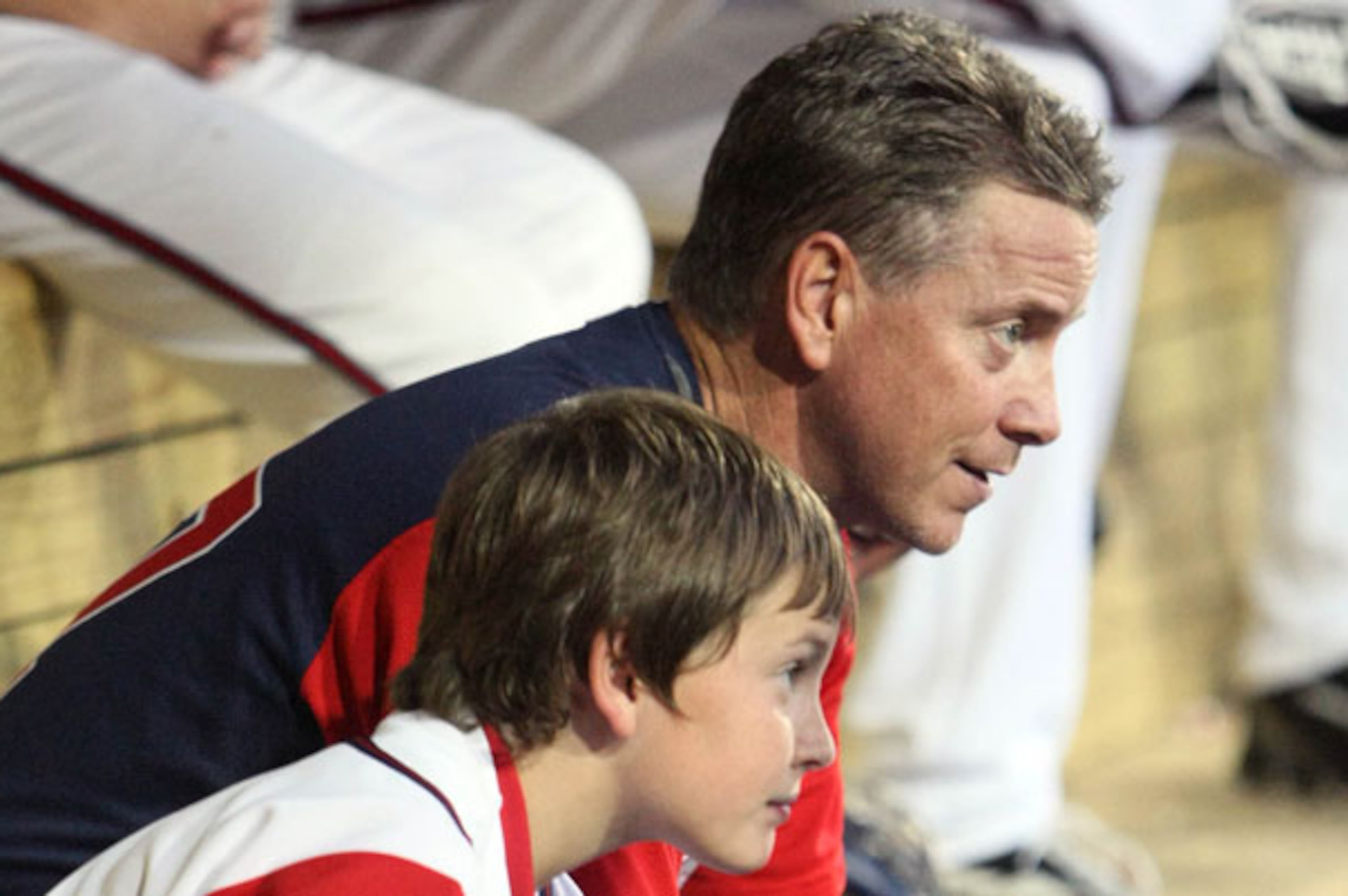How the Red Sox Lost Their Way
By Tyler Kepner
New York Times
The Boston Red Sox made their final Bronx statement of 2014 with a collapse that fit their season. Koji Uehara served up homers to Mark Teixeira and Chase Headley in the bottom of the ninth that lifted the New York Yankees to a 5-4 victory.
The previous baseball season, of course, ended much differently. That one finished in the black Mizuno catcher’s mitt of David Ross.
It was the ninth inning of a potential clincher in the World Series, and with two outs and the bases empty at Fenway Park, any kind of out would do. But Ross, the Boston Red Sox’s catcher, had only one possibility in mind.
“Jonny Gomes got the first two outs, fly balls to left - I did not want him catching the last out,” Ross said recently, cheerfully reflecting on the greatest moment of his 13-year career as a backup catcher. “I wanted that ball; I wanted to be catching it; I wanted to be holding that thing. I wanted everybody to be jumping on me and Koji.”
That is exactly what happened, one final wish granted in a charmed season for the Red Sox. The St. Louis Cardinals’ Matt Carpenter swung over Koji Uehara’s splitter. Ross turned to say, “Nice job,” to the plate umpire, Jim Joyce, and then raised his head to the sky before galloping out to Uehara and lifting him high.
“Koji felt so light; I’ll never forget it,” Ross said. “I had him with one hand. I was so jacked up, he felt like my 5-year-old son. So light.”
It all seems so long ago now. As the Red Sox prepared for their final game at Yankee Stadium this season, only four teams in the majors had worse records. The Red Sox, who stood just five games under .500 on July 21, then lost eight of nine; traded Gomes, Jon Lester, John Lackey and others; and started over.
Ross, 37, remains as he finishes his two-year, $6.2 million contract. All the pitchers he guided to World Series wins - Lester, Lackey and Felix Doubront - are gone, as is Jake Peavy, who was lined up to start Game 7 before the Red Sox won the Series in six.
The lesson Ross took from last season, he said, was the link between chemistry and winning. If that sounds simplistic, what he really meant was the importance of forging an identity and sticking with it.
“That chemistry was broken up, big time,” Ross said, mentioning players who left the team before this season, like Jacoby Ellsbury and Jarrod Saltalamacchia.
“It’s one of those things,” he added. “Some organizations create a way. The Braves Way, when I was there - you had Terry Pendleton and Eddie Perez, and Bobby Cox when I first came in - these guys weren’t still playing, but they were coaches, and they’d show you: This is how we do it in Atlanta.
“Last year I thought we created a Red Sox Way of seeing pitches, just grinding pitchers down. The Angel Way is taking the extra base - even if they don’t run as much because they’ve got power, they still push the envelope on the bases. So there’s a certain way a winning organization creates. You need to try to stay with those formulas.”
Yoenis Cespedes, acquired from Oakland for Lester and Gomes, will be a big part of the Red Sox’s immediate future, as will Rusney Castillo, another Cuban defector who signed for $72.5 million. Cespedes is not a patient hitter, but the Red Sox believe he can produce plenty of runs hitting between David Ortiz and Mike Napoli.
The loss of Ellsbury, though, dealt a blow to the ethos of the championship lineup. So did losing Shane Victorino to injury for all but 30 games this season.
Victorino had two hits on July 20, when Lester shut out Kansas City for eight innings and the Red Sox completed a sweep. Ten days later, Victorino was done for the year, and Boston was finished.
“We went on the road right after that,” Ross said. “We were hanging out, talking: ‘OK, we can keep playing good baseball and swinging the bats well.’ But we couldn’t keep Victorino healthy. He was such a big piece. If I could pinpoint one huge loss this year, that guy is such a lineup-changer to me.”
Ross was Lester’s preferred catcher, and Ross said he felt for him now, with the Athletics struggling to score runs the way the Red Sox often did. Of course, Ross added, it was hard to feel too bad for Lester, who is still in a pennant race. So are Lackey, with St. Louis, and Peavy, with San Francisco.
“That’s the only reason to play, especially after you get some time in and you get a little bit of money,” Ross said. “There’s no other reason to play but to get to that atmosphere.”
Ross is hitting around .184 this season, about what he batted in the World Series. But one of his hits then was a go-ahead double off the Cardinals’ ace, Adam Wainwright, in Game 5. Naturally, it came off Wainwright’s best pitch, the curveball.
“Only one he threw me,” Ross said, laughing. “Right into my long swing.”
A better Wainwright curveball dashed the New York Mets’ pennant dreams in 2006. This one helped fuel a Red Sox championship. When it’s your year, as they say, it’s your year.
Last year belonged to the Red Sox, and Ross still has the baseball from the final out to prove it. His father-in-law has talked about building a glass coffee table to encase it, with Ross’s glove and other mementos. The plan might change if the Red Sox ever ask for the ball, Ross said, but so far no one has.
“It’s a memory for me, and the ball symbolizes that,” Ross said. “It’s not like it’s everything to me, but I’ve got it. It is special.”
Better for Ross to have it, anyway, than Gomes. The 2013 Red Sox may now be a broken family, but in the waning days of a lost season, Ross is still a part of it.


